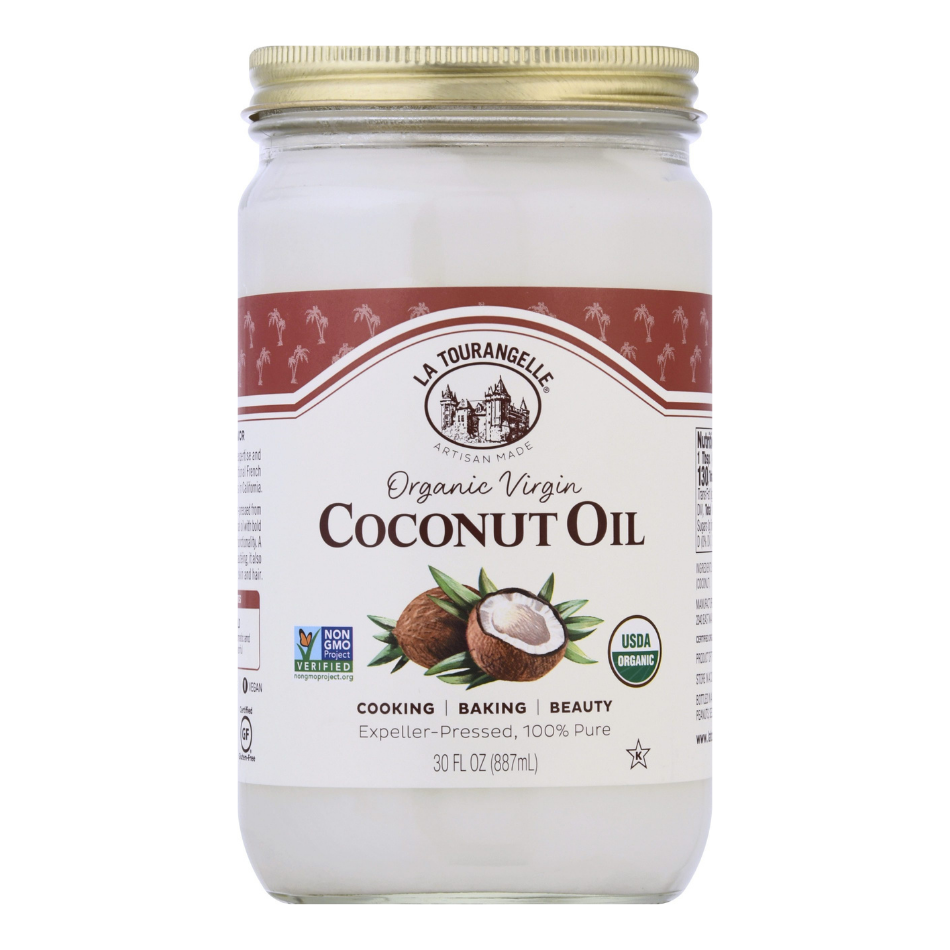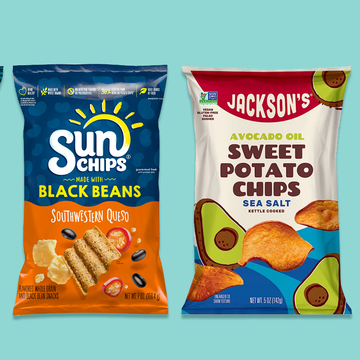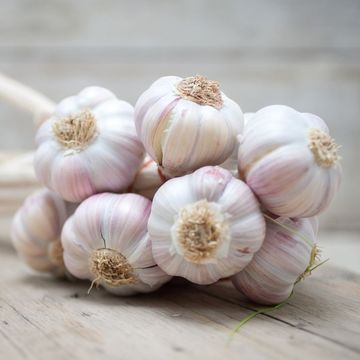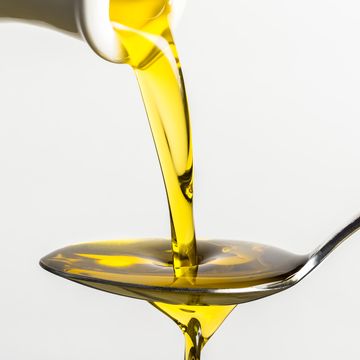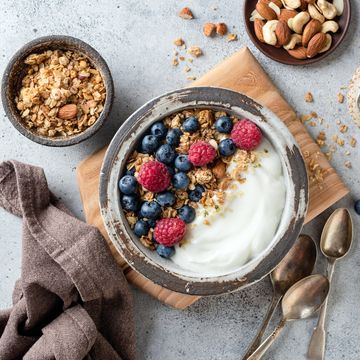6 Best Coconut Oils for Cooking and Baking, According to Our Test Kitchen Experts
Whether you’re looking for refined or unrefined, these are our top-tested picks.

We've been independently researching and testing products for over 120 years. If you buy through our links, we may earn a commission. Learn more about our review process.
Coconut oil is versatile: You can use it to cook or bake, as a substitute for butter in vegan recipes, and you can even use coconut oil for healthier hair. That said, there are many options — refined, unrefined, virgin, extra-virgin, cold-pressed – so shopping for the right jar can be a little confusing. When cooking, it's important to understand the differences between these options so you choose the best one for your recipe. But first, a note on whether or not coconut oil is considered healthy.
Is coconut oil healthy?
Some believe unrefined coconut oil holds more health benefits, but there’s a lot of conflicting research surrounding coconut oil. It has been shown to raise both bad (LDL) and good (HDL) cholesterol and has 11 grams of saturated fat which is close to the limit of 13 grams recommended by the American Heart Association based on a 2,000-calorie diet. “While it may contain some benefits, it is 80% to 90% saturated fat,” says Amy K. Fisher, a registered dietitian in the Good Housekeeping Nutrition Lab. “The takeaway here is, if you are incorporating it into your diet or cooking with it, it should be used sparingly.”
In the Good Housekeeping Test Kitchen, we cook with different types of coconut oil depending on the recipe: Our homemade dessert shell uses refined coconut oil for a neutral flavor and our best-ever granola calls for unrefined for a hint of sweetness (more on the difference below). The test kitchen pros created this list of best coconut oils based on their experiences tasting (and cooking and baking with!) many coconut oils.
Our top picks:
These are the best coconut oils you can buy based on the ones we reach for most in our kitchen. At the bottom of this guide, you can find more information about how to shop for the best coconut oils.
Watch Next


Yes, Dried Beans Can Go Bad

30 Genius Pantry Organization Ideas

The Best Low-Carb Noodles

The Best Protein Bars




